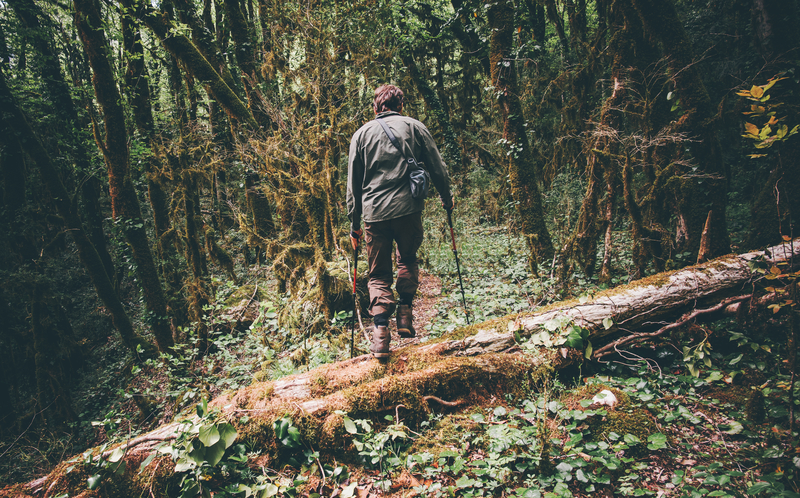Successful survivalists are individuals, but all possess a core of traits that make it easier to deal with the challenge of preparing for and dealing with a crisis.
Here are two of the most important!
Begin with the end in mind
What do you want your family and home to look like following a major catastrophe? Do you want to have enough food, water, medicines, and supplies to last at least six months? A year? Do you want to have cash, gold, and silver cached in case of a banking collapse? Do you want to be strong, healthy, and fit, able to do plenty of physical labor and take care of the family? Do you want your home to be the one in the neighborhood that survives because it is surrounded by sandbags that protect it from flood waters?
Develop an actual picture in your mind of what your optimal survival scenario will look like:
• Who will be with you?
• How will you all arrive at that destination?
• How will you make sure that your survival situation is secure?
• What will you have in terms of gear and supplies?
• How will tasks be delegated?With a crystal clear picture in mind, you can then set goals in order to achieve it. Without that clear goal in mind, you’re taking a gamble on something where every day counts.
Put first things first
The basics of survival are water, food, shelter, and warmth. Wherever you live right now is where you must begin. That off-the-grid survival retreat may or may not become a reality (and may or may not be desirable – but that’s the subject of a different article), so don’t put off becoming as prepared as you possibly can be right were you are today. Fully cover the basics first.
Effective preppers think win-win
Too often, survival minded people circle the wagons and include only their immediate family and, maybe, their very closest friends. But history has shown repeatedly that it’s groups of people who do best when it comes to survival. Neighborhoods and towns who band together following a tornado, for example, recover more quickly than someone trying to do everything on his or her own.
Look for ways to connect with others in your survival plans. No, you shouldn’t tell anyone everything, but sharing ideas, strategies and being supportive of others will increase the chances of your own survival, and that’s smart.
These are just two of the six habits of effective survivalists or seven habits of the highly effective.
Other survival oriented traits are possessing a greater than average degree of resourcefulness, perseverance and adaptability as well as being at heart, an optimist (although not a delusional.)
To read up on the other four habits of highly effective survivalists, check out Preparedness Advice.
